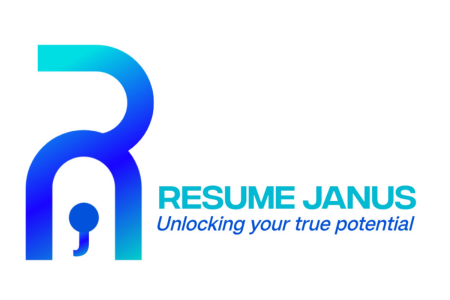A resume is the first point of contact between the prospective employee and the employer. Your resume not only details your qualifications, experience, strengths, and weaknesses but a resume is also a mirror of your overall personality. A carefully and well-documented resume increases the chances of you being called for an interview and having a one-to-one meeting with the bosses of the company you are looking forward to working with.
Although, everyone knows the importance of a resume; still jobseekers end up making some mistakes while drafting one. Some of the common mistakes that are found in resumes and how you can avoid them are listed below:
- Overwriting or underwriting-Do not make your resume too long or too short. There is no certain limit or the number of pages that determine a good resume. A good resume is only one that consists all of your relevant details.
- Lying in your resume– lying here stands for writing about those qualities or skill sets that you do not even possess yet you write them just to draw the attention of employer towards you. It can cost you big at the time of interview.
- Using the same resume everywhere– you can have one basic and universal resume but some alterations have to be made in the resume as per job applied for. As your resume which can be suitable for one job may be a total no for another job. Therefore, you need to do necessary amendments to your resume each time you apply for a new job.
- Not updating your resume– it is also very important to make necessary additions and changes as per your work experience or any new skill learned in your resume. Similarly, you can remove all the outdated skills from your resume which are no longer required by the companies.
- Irrelevant experience-your experience should match with the job profile. You may be highly talented and proficient in a certain field but if that does not resonate with the requirements of the job, it does not stand anywhere.
- Incorrect contact information– make sure to mention and update your correct contact as well as email address.
- Simple language-unless you are applying for a specific job profile, your resume should bear easy and understandable language.
- Writing only about responsibilities-do not only write about what you did in your previous role but also mention your accomplishments as they showcase your contribution and how you have been an asset to you existing or last company.
- Mentioning salary expectations-this is a big NO. The salary expectations are to be discussed with the employer and are not supposed to be disclosed in the resume.
- Not knowing the right format– generally, the people are found struggling with the right format of writing the resume. If you are an experienced person, you are going to start with the last company worked with and explaining all the previous work experiences. However, if you are a fresher or someone with less job experience; you will mention your skill sets.
- Writing an objective– objective clearly means what you plan to achieve in your career. Instead, you should write a summary that states your excellence areas, experiences and your major career milestones.
- Grammar mistakes– your resume should be free from grammatical errors or typing mistakes. These mistakes clearly show your negligence towards writing your resume and thus, can lead to rejection of your resume right away leaving a bad impression about you on the employer.
- Mentioning irrelevant skills-you may be having a range of skill set but it does not hold any value for the employer if it does not co-relate with the requirements of the job. Therefore, it is very important to be clear with the skills required for the particular job and writing about those only if you possess them.
- Including hobbies:in general, there is no need to make a note of the hobbies in your resume. It should only give details of your experience, educational qualifications, roles and responsibilities and your professional achievements. Mention only those hobbies if which are anywhere required for your job in the company otherwise you can totally avoid writing about them.
- Not justifying your career change: you may have taken a change from your career due to some professional or personal reason and if this is not properly addressed, the employer may think you are not clear of your objective in life and your application may be rejected outright even before getting accepted.
- Not seeking professional help:there are so many content writers, resume builders in person and online and seeking their professional help in building your resume is definitely going to raise your chances of selection. They are well trained and expert people who know how to write a resume according to your skills, qualifications, and experience.
So, now before drafting a resume, do thorough research of the job profile, the company you are seeking job at, your prospective employers as well as investigate your already drafted resume. This prior research is going to help you to write a well-presented resume will make you and your prospective employer appear to be an ideal match for each other. Also, take a strong note of the mistakes mentioned in this article and keep them at bay to make an appealing resume.


